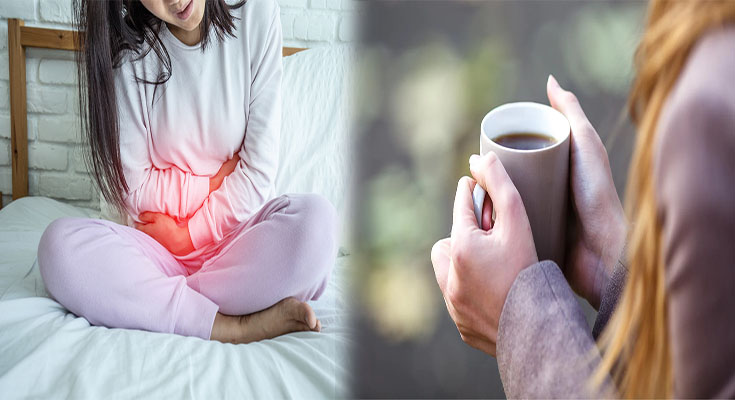Interstitial cystitis, or IC for short, is a chronic bladder condition that causes the bladder to swell and become painful. The symptoms of interstitial cystitis can be very painful and distressing. They include:
The five stages of interstitial cystitis
The five stages of interstitial cystitis are as follows:
- Stage 1: Unsuspected bladder pain. The first stage is characterized by mild to moderate symptoms, which may be dismissed or ignored. Individuals may experience painful episodes in the absence of any other symptoms or known cause for their discomfort.
- Stage 2: Painful episodes. In this second stage, you’re likely to notice that your bladder pain gets worse over time and begins occurring more frequently–or even constantly–as well as interfering with your daily life and activities (such as work).
- Stage 3: Frequent episodes, or constant pain. At this point in the progression of IC, you’ll probably be experiencing many painful episodes each week (or day), making it difficult to maintain a normal lifestyle due to the frequency with which they occur; however, there will still be some periods during which no symptoms are present at all
Stage 1: Unsuspected bladder pain.
Stage 1: Unsuspected bladder pain.
The first stage of interstitial cystitis (IC) is often an unnoticeable one. Many people don’t realize they have IC until they start experiencing symptoms later on in the disease process. In this early stage, you may experience painful urination, pelvic pain and discomfort, pain during sexual intercourse and other activities that put pressure on your bladder such as coughing or sneezing.
Stage 2: Painful episodes.
In stage 2, you may experience painful episodes. These can last from a few hours to several days and can vary in intensity from mild to severe. Many people also experience pain during sexual activity and exercise, or when their bladder fills up (for example, after drinking water).
Some people with IC might have no symptoms at all until they go through stage 1 or 2 of the condition’s cycle–and then suddenly find themselves in excruciating pain for no apparent reason.
In addition to urinary tract infections (UTIs), which are common in IC patients because bacteria can easily travel back up through the urethra and into the bladder wall, other conditions associated with this stage include:
Stage 3: Frequent episodes, or constant pain.
If you have stage 3 IC, the pain may be constant and not relieved by urinating or taking pain relievers. You may also experience pain when you are not urinating.
In this stage of IC, some people find that hot baths or showers relieve their symptoms while others do not.
Stage 4: Bladder dysfunction.
The final stage of IC is bladder dysfunction. This can include painful urination, urgency and frequency, nocturia (the need to get up at night), incontinence (leaking), nocturnal enuresis (bedwetting), dysuria (painful urination).
Stage 5: Severe bladder dysfunction that results in loss of work and a serious decline in quality of life.
If you experience any of the symptoms listed above, it is important to see a doctor. Do not self-diagnose or try over the counter medications on your own. If you have been diagnosed with IC/BPS and are taking prescription medications, do not stop taking them without consulting your physician first.
If you are experiencing any of these symptoms, it’s important to see a doctor.
If you are experiencing any of these symptoms, it’s important to see a doctor. If you have already been diagnosed with IC and are looking for a specialist who can help manage your condition, it may be helpful to know that there are several different types of healthcare professionals who specialize in treating IC. A urologist will focus on problems related to the urinary system including bladder function and kidney stones. Gynecologists specialize in diseases affecting women’s reproductive organs like ovaries, uterus and cervixes/vagina (the canal between the opening of your birth canal). Gastroenterologists focus on diseases affecting your digestive tract from mouth to anus (anus). Pain management specialists treat chronic pain conditions such as headaches or muscle aches without prescribing narcotics (pain killing drugs).
If you’re experiencing any of these symptoms, it’s important to see a doctor. You can also try some home remedies that may help relieve your pain or discomfort.





